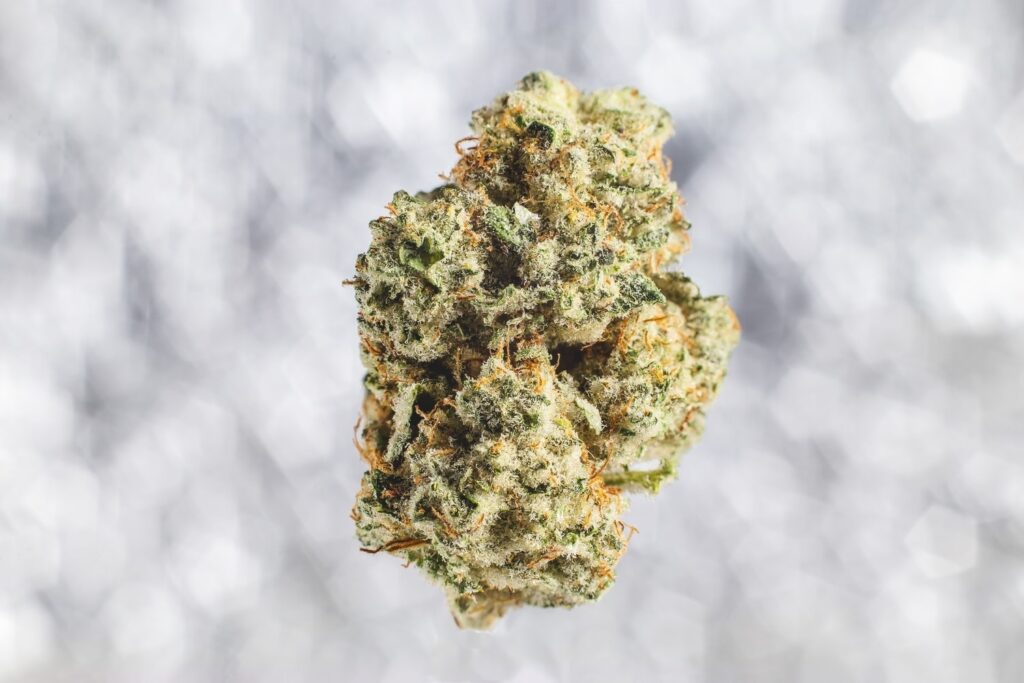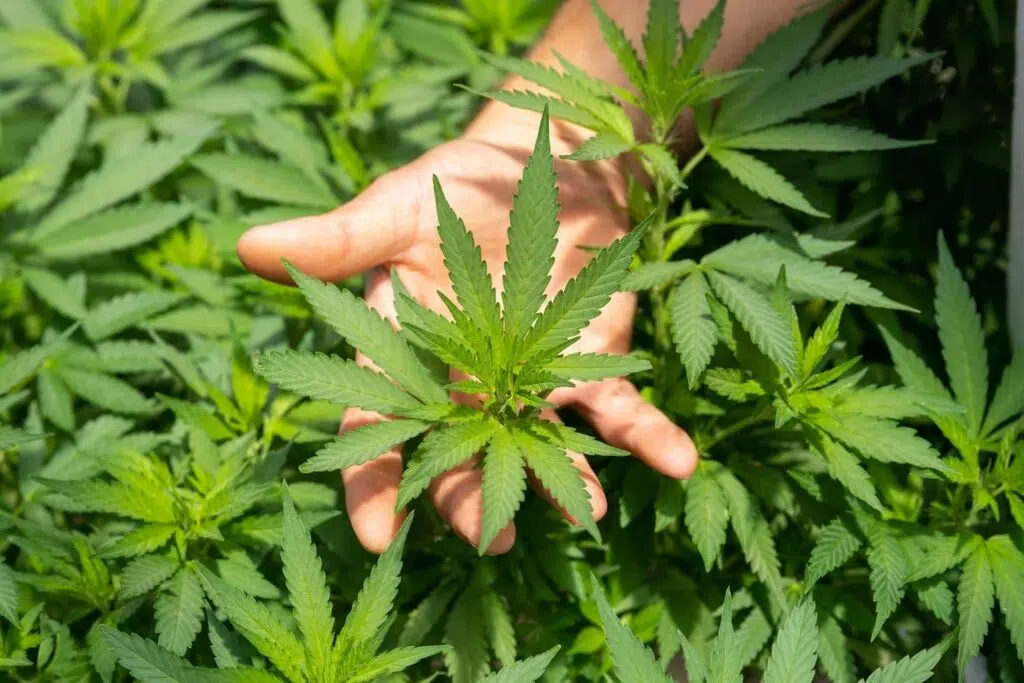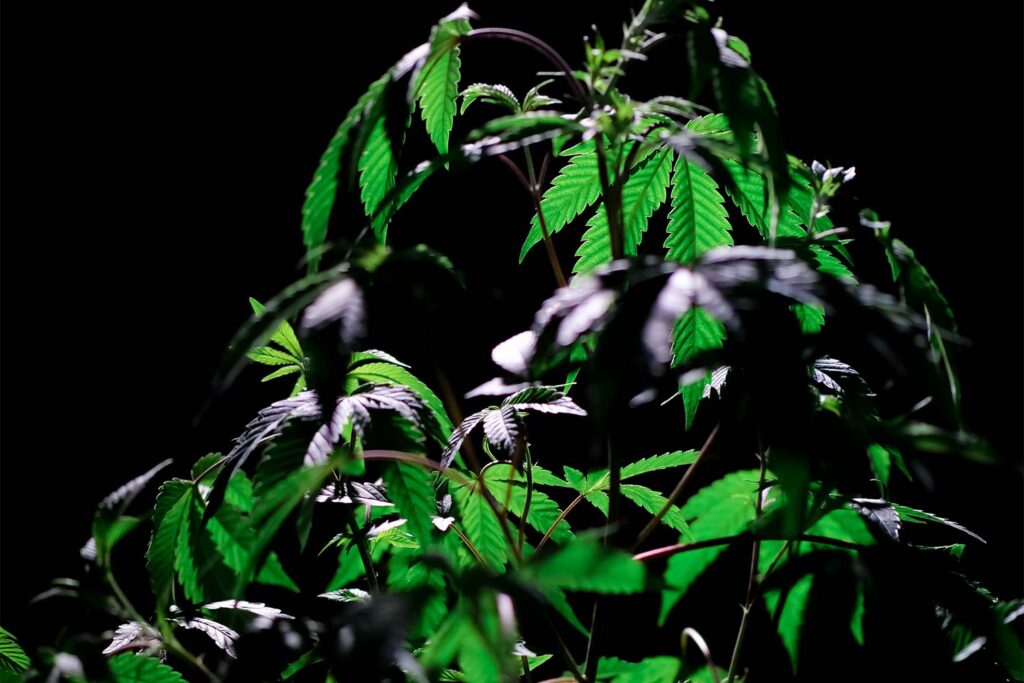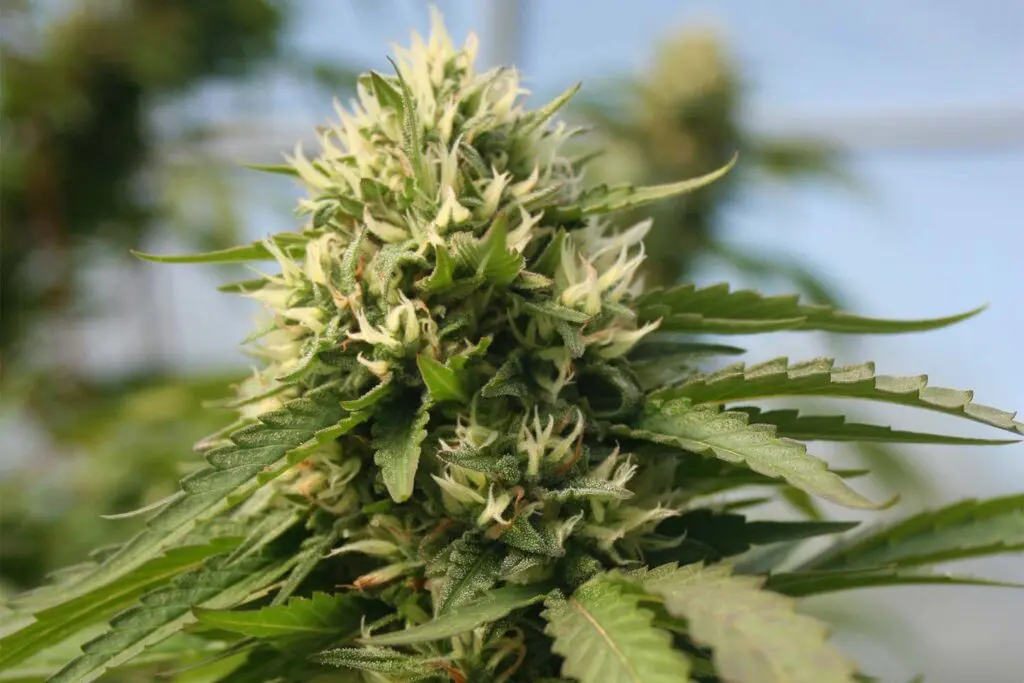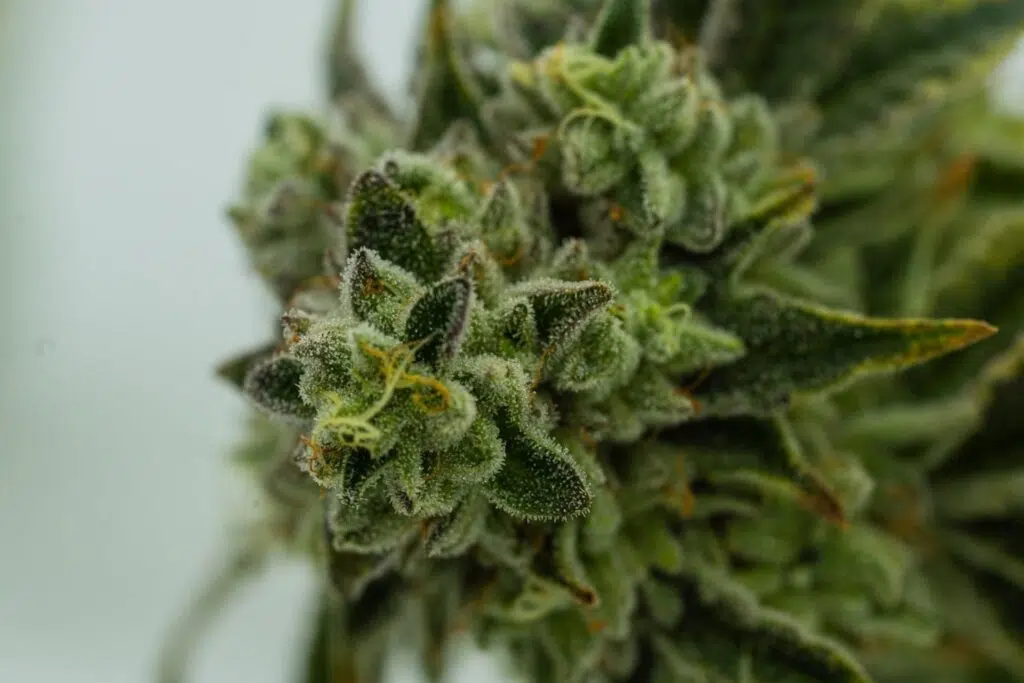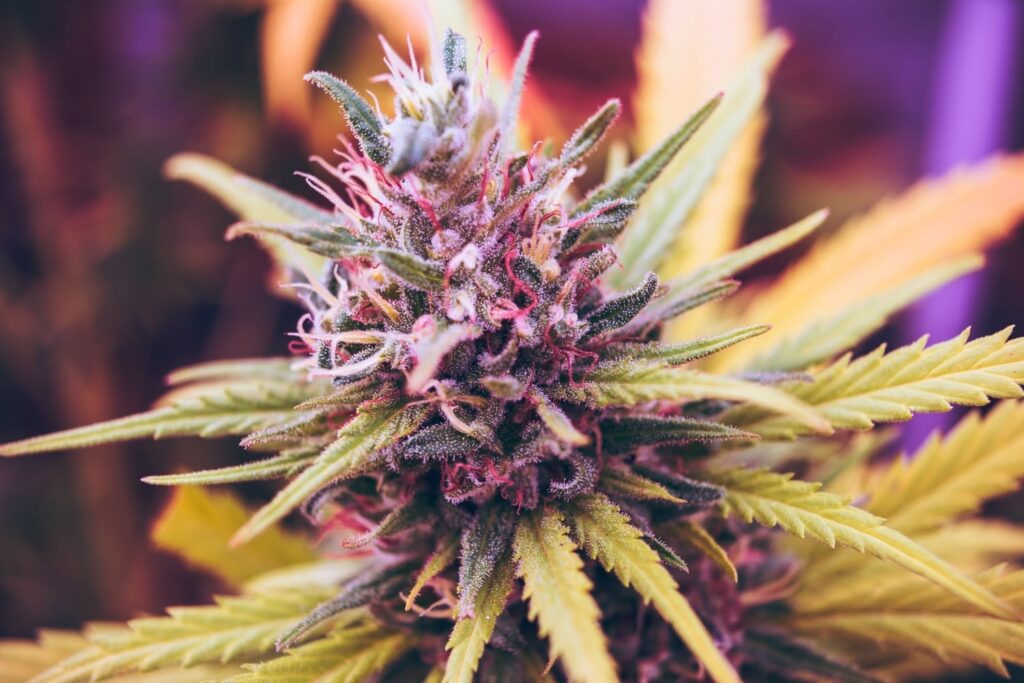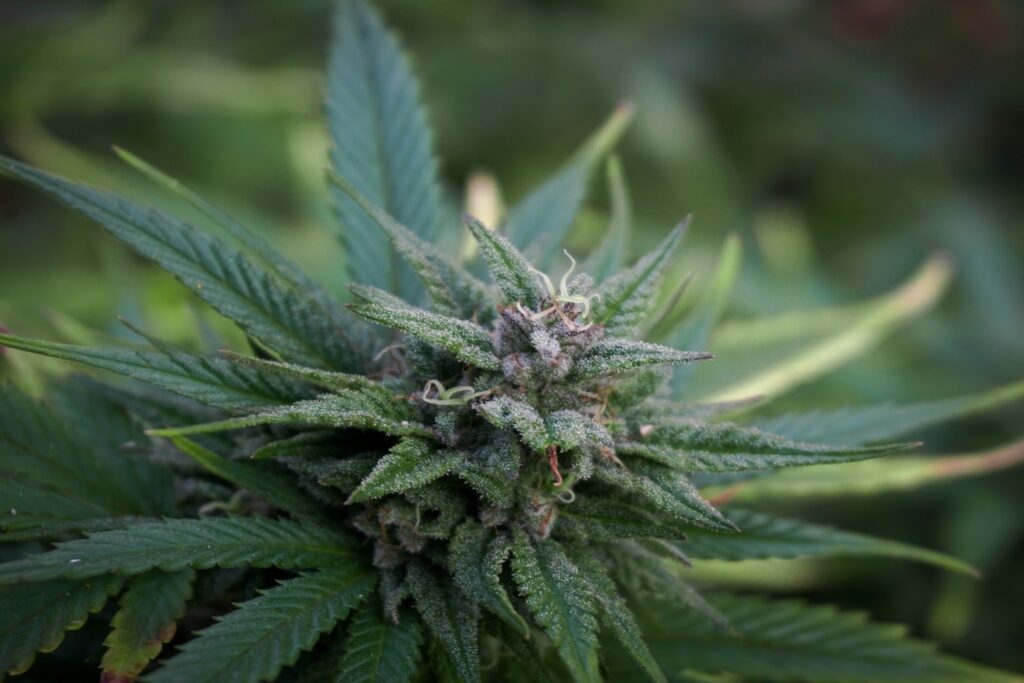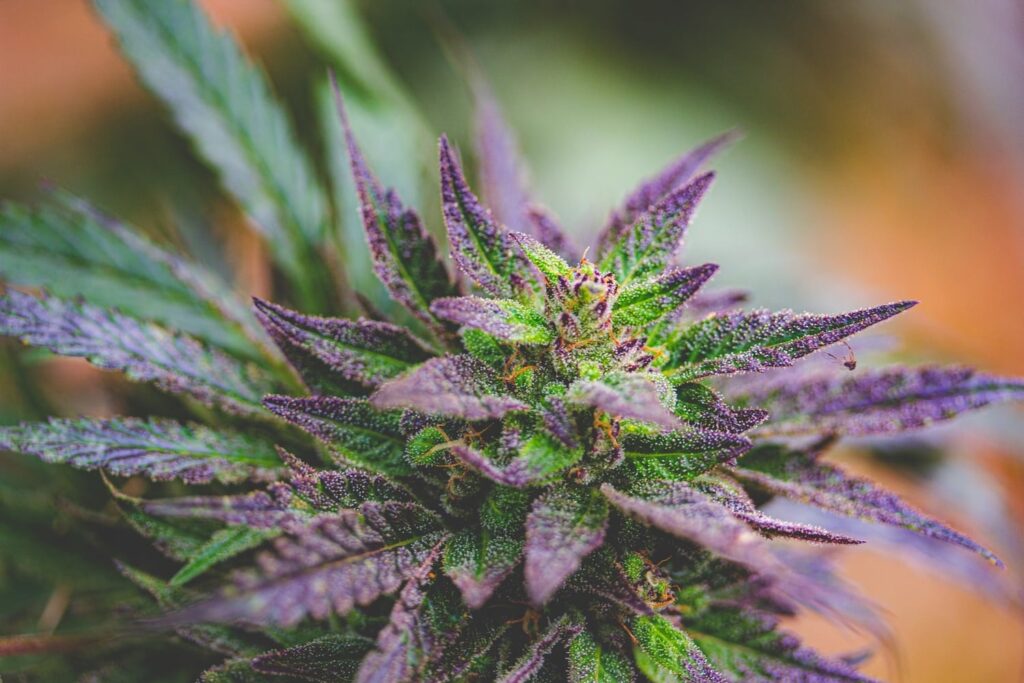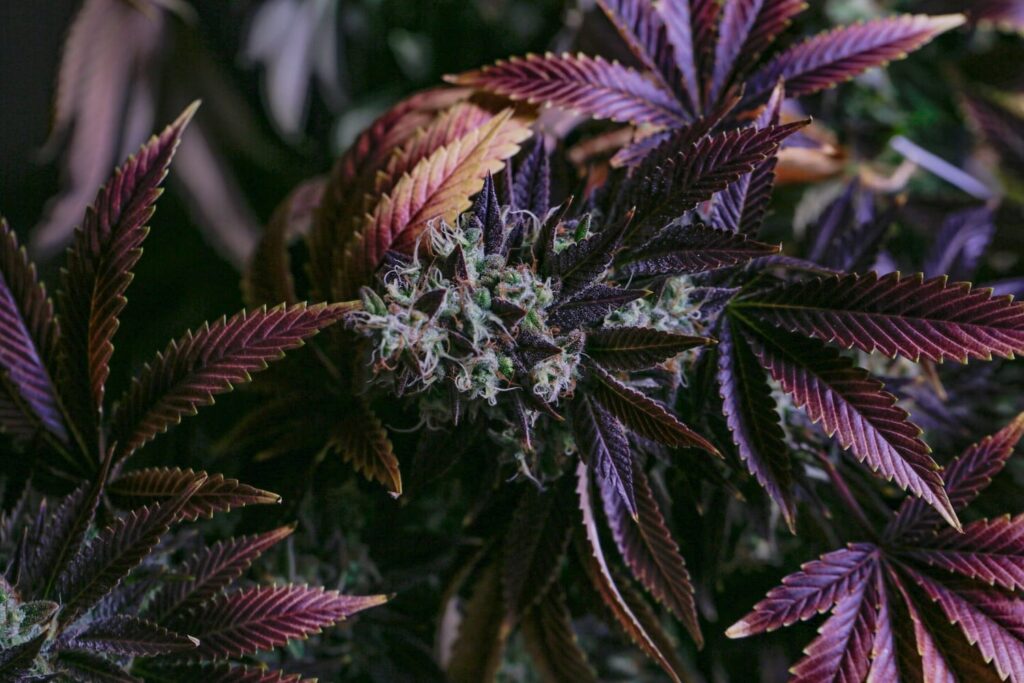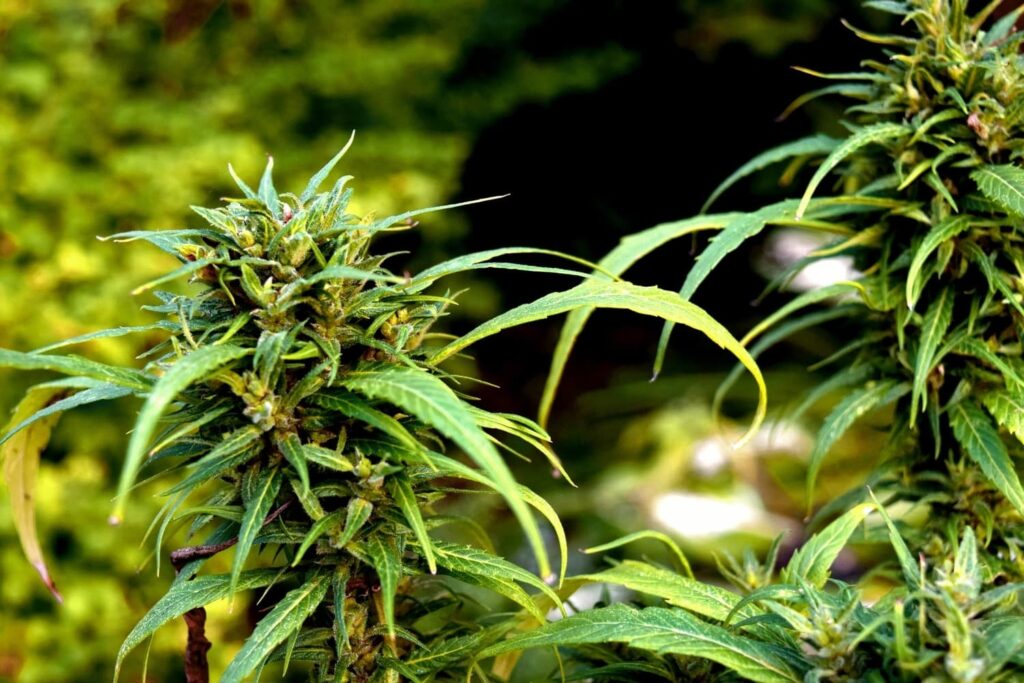Lawmakers in New York agree on marijuana legalization bill as North Dakota’s Senate rejects bill
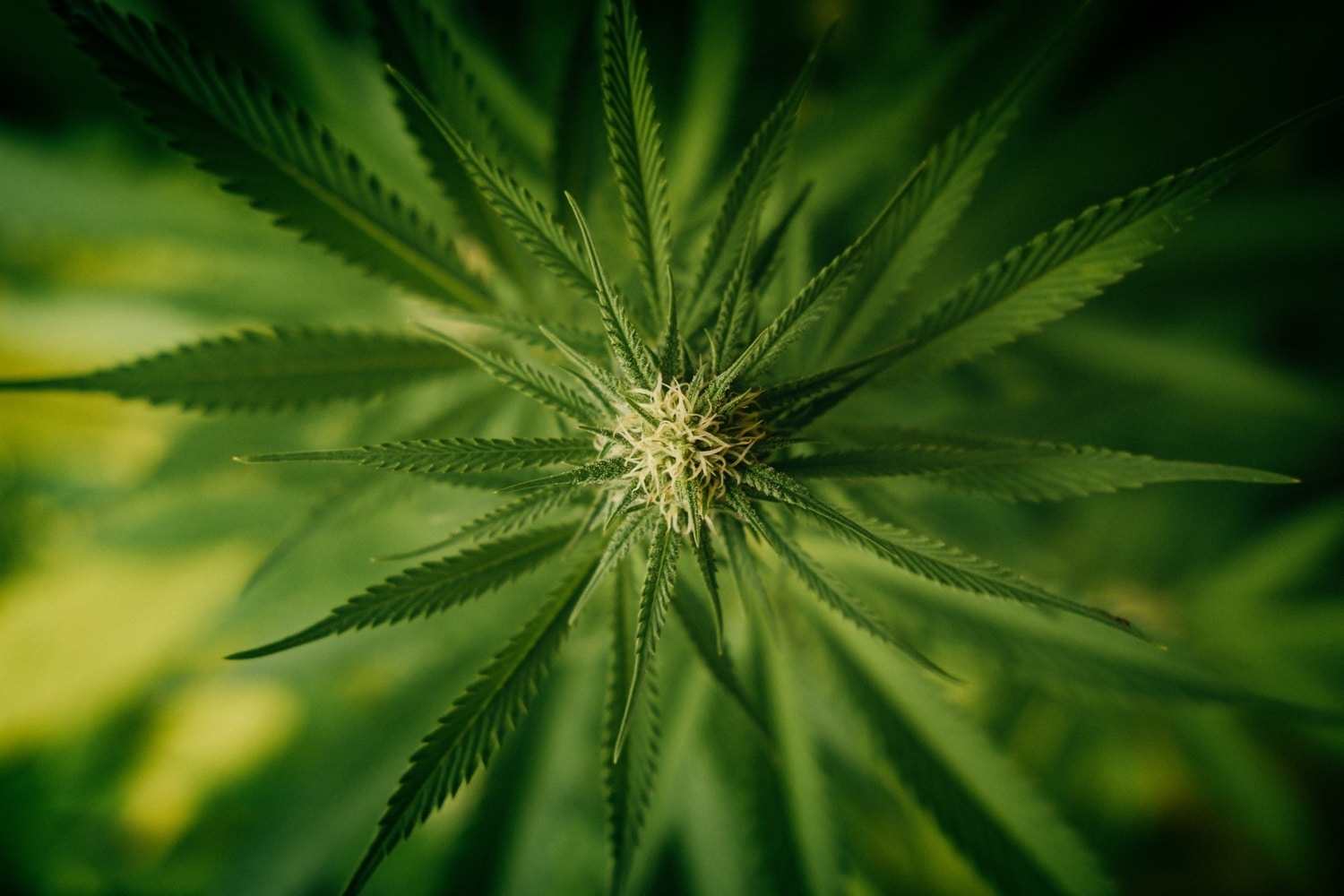
Lawmakers in New York have struck a marijuana legalization deal. The proposed bill will effectively legalize the recreational use of cannabis in the state once it is signed into law. Although rumors of this agreement started making the rounds last Wednesday, the details have only just emerged. Recall how we reported that the Governor of New York, Andrew Cuomo was pushing to have weed legalized state-wide.
Photo: Unsplash
In other news, Senators in North Dakota have rejected a cannabis legalization bill. The bill was previously introduced and passed by the state’s House of Representatives. The following uncovers details of the agreement on New York’s marijuana legalization bill. It also explores marijuana tax propositions in New York and the reasons behind the `Senate’s rejection of the bill in North Dakota.
New York’s lawmakers agree on a marijuana legalization bill
Lawmakers in New York reached an agreement on Saturday evening to legalize recreational cannabis across the state. Lawmakers have in the past unsuccessfully tried to legalize weed in New York. However, with the State’s Congress now firmly being controlled by the Democrats, it would seem that legalization is within grasp. The Democrats who also hold a veto-proof majority in New York’s Congress have stated that weed legalization is a priority this year. Governor Andrew Cuomo also recently put his full weight behind the legalization of cannabis in the state.
The new bill when passed would generally allow recreational marijuana to be sold to adults 21 and over. It would set modalities in place for licenses required for the delivery of marijuana products to customers. Also, the bill will allow New Yorkers to grow up to three mature and three immature plants for personal consumption. Interestingly, this bill includes a clause that will allow local governments to opt-out of retail sales
Senator Liz Krueger who sponsored the bill in the upper house and chairs the Senate Financial Committee has also praised the end-goal of legalization in NY. She said, “my goal in carrying this legislation has always been to end the racially disparate enforcement of marijuana prohibition that has taken such a toll on communities of color across our state, and to use the economic windfall of legalization to help heal and repair those same communities.”
Although the legislation will take effect immediately when passed, we may not see any form of sales for the next 18 months when rules and regulations would have been set up successfully. Voting is expected to take place on the bill in a matter of days.
The Mayor of New York proposes using marijuana taxes to fix racial injustices
Just as rumors of New Yorks’s lawmakers’ marijuana legalization agreement were making the rounds last week, the Mayor of Rochester made propositions for the tax revenue from state-wide marijuana legalization to be used in promoting racial justice. Mayor Lovely Warren also pushed for part of the tax revenue from marijuana to be used in funding a universal basic income (UBI) program to help narrow the white-black wealth gap.
The Mayor made this call via a press conference on Friday and a letter seeking partnerships with community organizations. She highlighted the need to “spread the dollars” back to the neighborhoods that were negatively impacted by the criminalization of marijuana.
North Dakota’s Senate rejects cannabis legalization bill
North Dakota’s Congress has reportedly rejected a marijuana legalization bill last Thursday. The bill had already passed the House in February. This could leave things in the hands of activists who are pushing to have legalization included in the 2022 ballot. The legalization bill was defeated in a 10-37 vote. A separate marijuana taxation bill was also defeated by the Senate.
Closing marijuana legalization thoughts
With marijuana legalization all but sealed in New York, the state will most likely work towards the establishment of rules and regulations that will guide how cannabis is distributed and used in the state. These rules will essentially determine how cannabis businesses will operate in New York and their potential success or failure.

